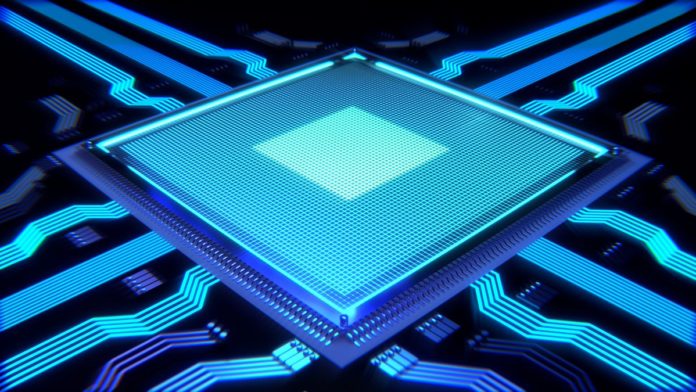A research team from the University of Exeter has recently developed photonic microchips that imitate the same way as a human brain can. Furthermore, the chip uses light instead of electricity for operation.
Scientists combined commonly used household items like re-writable optical discs with specially designed integrated photonic circuits to deliver a biological-like synaptic response. And strangely, the chip operates at at speeds a thousand times faster than those of the human brain.
According to scientists, their demonstration could pave the way for a new age of computing. This means, the machine can now think more similarly to the human brain and perform operations at higher speed with the power efficiency of photonic systems.
Professor Harish Bhaskaran from Oxford University said, “The development of computers that work more like the human brain has been a holy grail of scientists for decades. Via a network of neurons and synapses, the brain can process and store vast amounts of information simultaneously, using only a few tens of Watts of power. Conventional computers can’t come close to this sort of performance.”
Professor C David Wright, co-author of the study from the University of Exeter, said, “Electronic computers are relatively slow, and the faster we make them, the more power they consume. Conventional computers are also pretty ‘dumb’, with none of the inbuilt learning and parallel processing capabilities of the human brain.”
“We tackle both of these issues here not only by developing new brain-like computer architectures but also by working in the optical domain to leverage the huge speed and power advantages of the upcoming silicon photonics revolution.”
Co-author professor Wolfram Pernice said, “Since synapses outnumber neurons in the brain by around 10,000 to 1, any brain-like computer needs to be able to replicate some form of synaptic mimic. That is what we have done here.”
